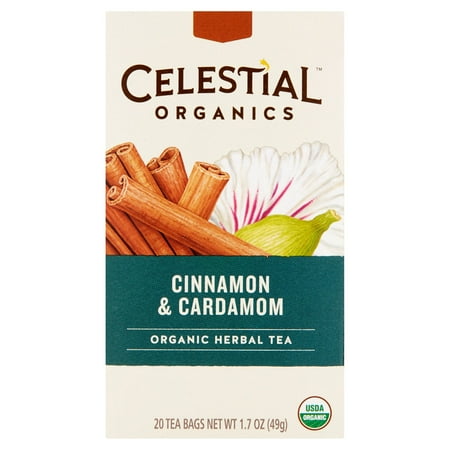Fruit comes from herb bearing seeds in order to be fit for consumption. The main difference between fruit and vegetables is that fruit is sweet, vegetables are not. Because fruit has more sugar than most foods we need to be careful not to eat too much of it, but enough of it that we gain the benefits.
Eating plenty of fruits and vegetables may help reduce the risk of several diseases, including heart disease, high blood pressure, and some cancers. Fruits and vegetables are rich in vitamins and minerals that help you feel healthy and energized.
Fresh fruit is a great option for breakfast, dessert or even a snack. Many fruits are sweet and ready for you to eat without cooking or preparing a recipe. Take an apple, a peach, or a banana and just enjoy. Be mindful to always have fresh fruit available at home.
Children are usually eating highly processed snacks that are nutritionally poor and a threat to their current and future health. These products are laced with artificial colors, flavors, refined sugars and are super high in calories. Children are eating more refined sugars than we’ve seen in the past. The Center for Disease Control and Prevention’s statistics are shocking. By 2050, 1 in every 3 people will have diabetes. You can improve and change that by changing many of these unhealthy snacks for fruit and homemade recipes.
It’s best to keep your fruit consumption to two servings per day, although some say you can go up to three. (The USDA generally recommends two cups per day.)
You won’t Lose Weight if you eat too much. Although fruit is a healthier alternative to many desserts and junk foods, yet if fruit is a staple item at every meal and snack, you may be eating too many carbohydrates to allow your body to lose weight. In short, any time we eat carbohydrates our blood sugar goes up.
Researchers have found the greatest benefit came from eating 10 portions of fruits and vegetables a day. They estimate that if everyone ate this amount – equivalent to about 800 grams, or 28 ounces – approximately 7.8 million premature deaths worldwide could be prevented.
Eating 10 portions of fruits and vegetables per day was tied to a:
- 24 percent reduced risk of heart disease.
- 33 percent reduced risk of stroke.
- 28 percent reduced risk of cardiovascular disease.
- 13 percent reduced risk of cancer.
- 31 percent reduction in premature death.


